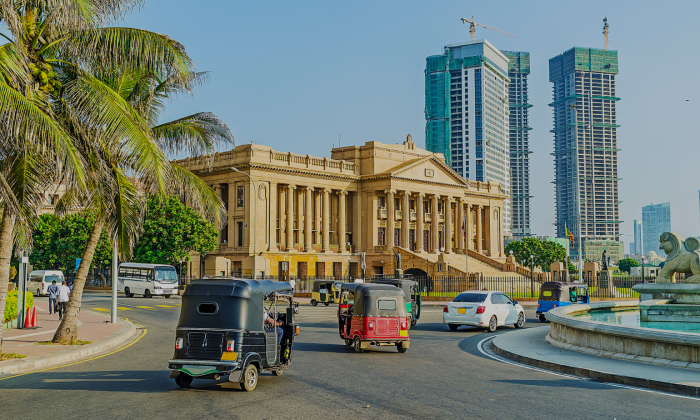


The World Bank emphasized the critical need for Sri Lanka to sustain its reform efforts to overcome the effects of the crisis and foster a resilient economy. Central to this approach is the continuation of structural reforms aimed at restoring macro-fiscal financial stability and stimulating private investment. This involves enacting and implementing legislation to manage debt and fiscal responsibilities effectively, maintaining an independent monetary policy, and addressing financial sector risks, particularly non-performing loans (NPLs) and exposure to the sovereign. Additionally, the focus extends to reforming state-owned enterprises (SOEs) to mitigate fiscal risks and create a conducive environment for private sector-led growth through improved governance and competitiveness.
Furthermore, Sri Lanka is urged to prioritize reforms aimed at encouraging private investment and non-debt creating flows into the country. This entails broader SOE reforms to mitigate financial and governance-related risks, along with establishing a favorable investment environment through legal and institutional enhancements. The implementation of a new trade policy regime that gradually reduces anti-export bias is also highlighted as essential for enhancing the economy. By sustaining these reforms, Sri Lanka can pave the way for stronger economic growth and resilience in the face of future challenges, as outlined in the World Bank's 'Bridge to Recovery' report.